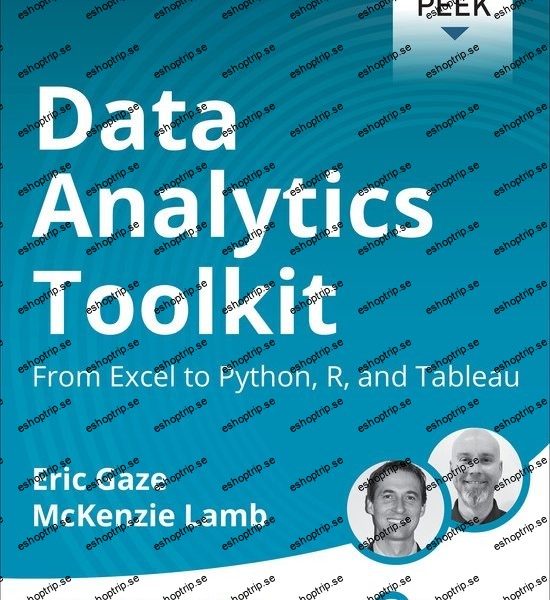Published 10/2024
Created by Sakthi U
MP4 | Video: h264, 1280×720 | Audio: AAC, 44.1 KHz, 2 Ch
Genre: eLearning | Language: English | Duration: 15 Lectures ( 3h 46m ) | Size: 1.47 GB
Sorting, Searching and Divide and Conquer Approach
What you’ll learn:
Develop an efficient algorithm to reduce space and time complexity
Solve problems using divide and conquer approaches
Apply dynamic programming type’s techniques to solve polynomial time problems
Apply greedy programming type’s techniques to solve polynomial time problems
Requirements:
No programming experience is required. You will learn how to design and analyze the algorithm
Description:
This course introduces the fundamental principles of algorithm design and analysis. Students will learn how to approach computational problems by designing efficient algorithms and evaluating their performance. Emphasis will be placed on understanding different algorithmic strategies and their applications across various problem domains. The course also focuses on mathematical tools for analyzing the time and space complexity of algorithms, as well as the impact of different algorithm design paradigms. This course prepares students for advanced topics in computer science and equips them with problem-solving skills critical in both academic and professional environments.The Design and Analysis of Algorithms course is crucial for several reasons:1. Problem-Solving Skills:Algorithms are at the core of solving computational problems. Understanding how to design and analyze algorithms equips students with the ability to approach complex problems in a structured and efficient manner.2. Efficiency Optimization:Not all solutions are created equal. Some approaches may solve a problem, but with suboptimal performance. This course teaches how to develop solutions that not only work but are efficient in terms of time and space, which is critical in real-world applications where resources are limited.3. Critical Thinking:Designing algorithms involves making trade-offs and selecting the right approach based on the problem’s constraints and requirements. This encourages critical thinking, as students must evaluate multiple strategies and understand their pros and cons.4. Foundation for Advanced Computer Science Concepts:Algorithms are foundational to other areas of computer science, such as artificial intelligence, machine learning, cryptography, and databases. Mastering algorithms provides the background necessary for understanding more advanced and specialized topics in computer science.5. Industry Demand:Many technical roles in software development, data science, and system design require a deep understanding of algorithms. Employers often look for candidates who can design efficient algorithms and optimize system performance, making this course highly relevant for career preparation.6. Understanding Computational Limits:The course also covers concepts like NP-completeness and computational intractability, which help students recognize the boundaries of what can be computed efficiently. This awareness is vital for problem scoping and feasibility analysis in both research and industry projects.7. Cross-disciplinary Application:Algorithms are not limited to computer science. They play an important role in disciplines such as biology (genome sequencing), economics (auction theory), operations research (optimization problems), and more. Learning algorithms allows students to apply computational thinking to a wide range of fields.8. Structured Approach to Programming:The course provides a structured methodology for programming by teaching systematic approaches to algorithm design. This improves students’ programming skills, helping them to write clear, efficient, and bug-free code.Key Topics:Algorithm complexity (Big-O, Big-Θ, Big-Ω notation)SortingSearchingDivide-and-ConquerDynamic ProgrammingGreedy AlgorithmsLearning Outcomes:Understand and analyze the efficiency of algorithms using asymptotic notation.Design algorithms using various paradigms (greedy, divide-and-conquer, dynamic programming).Apply algorithmic techniques to solve real-world problems.Evaluate the correctness and performance of algorithms.
Who this course is for:
Data Structure and algorithm analysis for beginners
Undergraduate Computer Science Students: Usually taken in the second or third year, it is a core course in most computer science programs.
Graduate Students: Especially those focusing on computer science, data science, or related fields. It may be a required or elective course in a master’s program.
Software Engineers and Developers: Professionals looking to enhance their understanding of algorithms to improve their coding and problem-solving skills.
Anyone Interested in Problem-Solving: Enthusiasts who have a foundational understanding of programming and want to delve deeper into algorithmic thinking and optimization techniques.
Homepage










